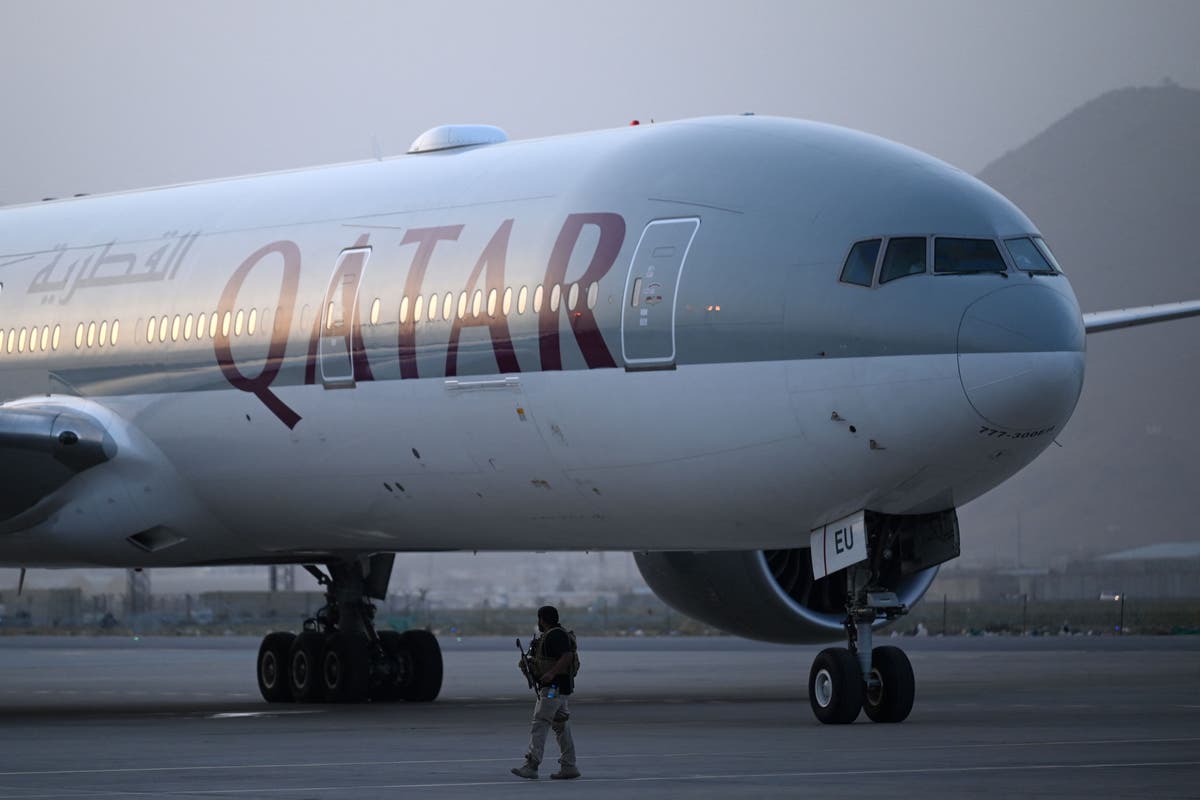An Australian court has said Qatar Airways cannot be prosecuted under the laws governing global travel after women who were strip-searched sued the airline.
Five women moved the Federal Court of Australia in 2021 against the state-owned airline, alleging “unlawful physical contact” and false imprisonment. They said the incident left them traumatised.
The women said they never consented to the invasive search at Doha airport in October 2020. In November 2021, their lawyers said the women were suing Qatari authorities and the national airline.
However, on Wednesday, justice John Halley said that Qatar Airways could not be held responsible in the case owing to a multilateral treaty of the Montreal Convention, under which a liability of the airline is established in the case of death or injury to passengers.
He said the arguments made by the group of women against state-owned Qatar Airways did not meet international airline liability protocols.
“My conclusion that the exclusivity principle precludes the applicants from pursuing any claim for damages against Qatar Airways is a complete answer to the claims that the applicants seek to bring against Qatar Airways,” Justice Halley said.
Justice Halley added that the airline staff could not have influenced the actions of Qatari police who removed the group of women from their flight and the nurses who carried out the examinations in ambulances on the tarmac.
That proposition “can fairly be characterised as ‘fanciful, trifling, implausible, improbable, tenuous’”, the judgment read.
He added that the case against the Qatar Civil Aviation Authority could not proceed but the one against the Hamad International Airport’s operator – the Qatar Company for Airports Operation and Management (MATAR) – can continue.
After the judgment was pronounced, the lawyer representing the group of women said they were considering an appeal.
“We note however that the claims against the airport operator, MATAR remain on foot. Our clients’ resolve to continue to agitate their claims remains undiminished,” their lawyer Damian Sturzaker said. The case returns to court on 10 May.
The incident was followed by global outrage and concerns about Qatar’s treatment of women. Sex and childbirth outside of marriage are punishable offences. Ahead of the World Cup, Qatar struggled to reassure critics that its promises on women’s rights, labour relations and democracy are credible.
Following the incident, Qatar’s prime minister apologised and one airport official was handed a suspended jail sentence. But a year on, the women said that their demands for redress are “being ignored”.
One of the affected women was flying back to Australia with her five-month-old son. Speaking to the three Australian media outlets, she described the whole ordeal as the “scariest moment” of her life.
“[The nurse] said ‘I need you to lay down on the bed’ … and she grabbed my pants and my underwear and she stripped them. And for a second I just think my head was about to explode,” she was quoted as saying.
“It’s a humiliation and the abuse of power, the breach of my human rights. No one is allowed to touch me. No one is allowed to strip me naked without my consent.”






